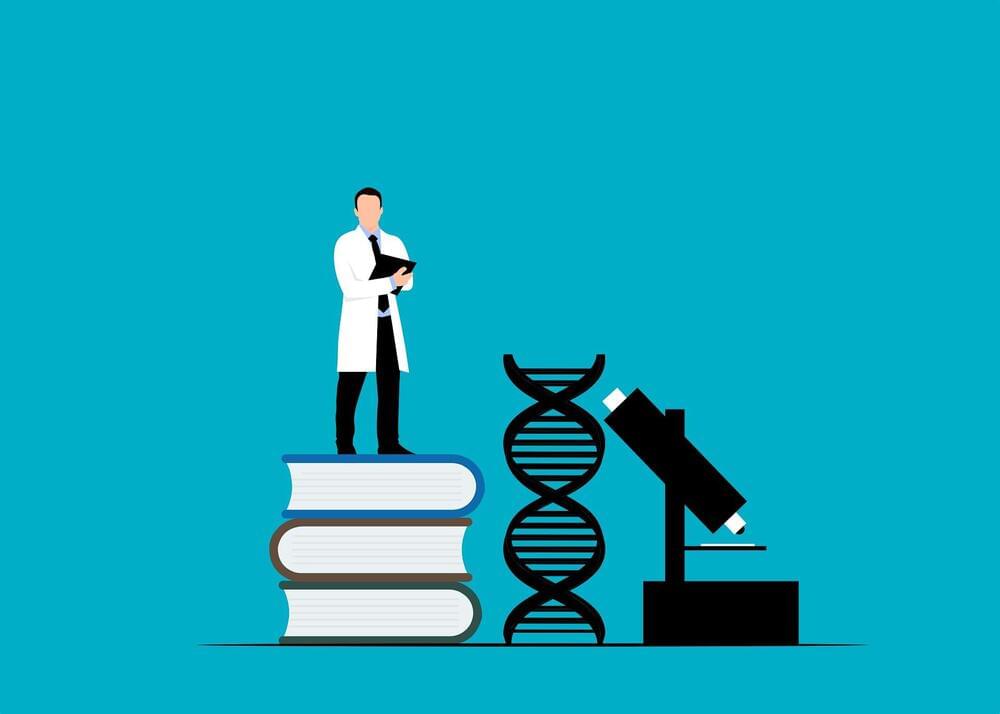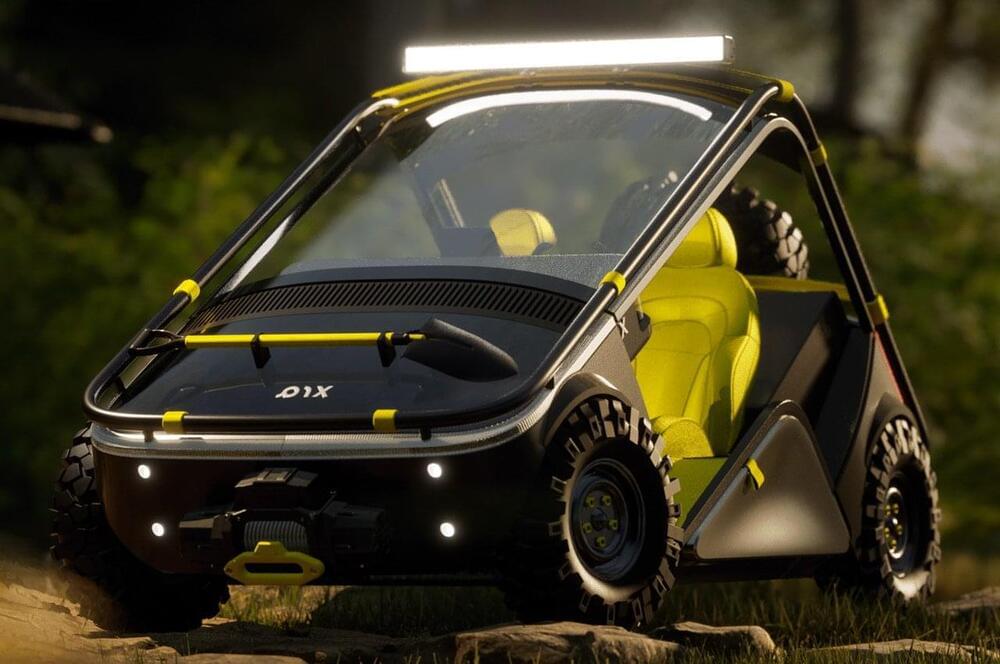View insights.
An image of a kangaroo has been identified as Australia’s oldest known rock painting, dated to over 17,000 years old.
The two-metre-long kangaroo is painted on the ceiling of a rock shelter on the Unghango clan estate, in Balanggarra country in the north-eastern Kimberley region, WA.
A research team led by Damien Finch from the University of Melbourne used radiocarbon dating to determine the ages of mud-wasp nests below and above the painting.







